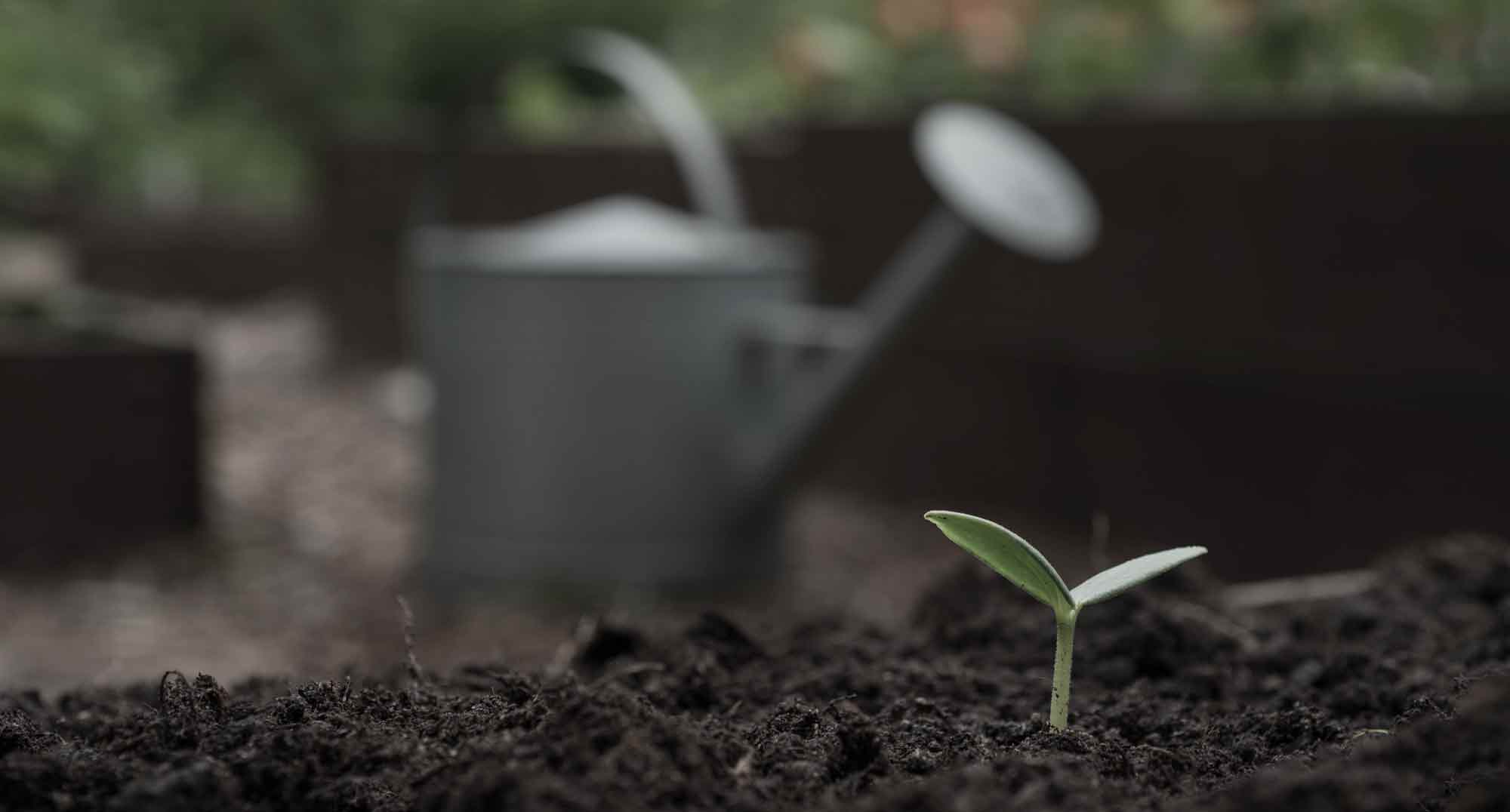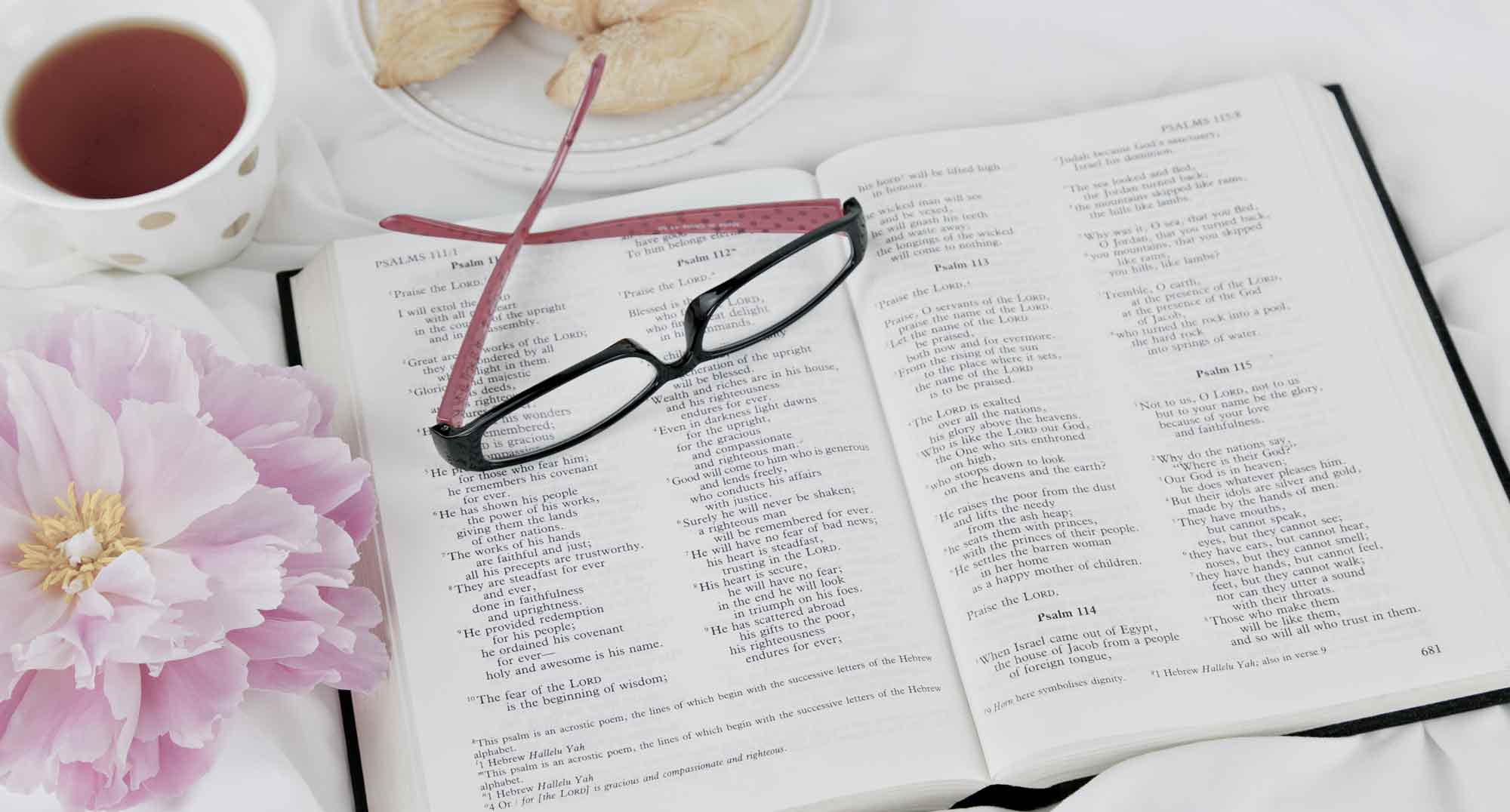Seasons of the Soul
PATSY KUIPERS|GUEST Editor's Note: The following is an adapted excerpt from Patsy Kuiper's new book, Be Still: Quiet Moments with God in my Garden. For everything there is a season, and a time for every matter under heaven: a time to be born, and a time to die; a time to plant, and a time to pluck up what is planted. Ecclesiastes 3:1-2 Nature’s Seasons I once attended a presentation where the speaker began with, “Summer, fall, and winter are seasons – spring is a miracle.” I’ve thought about her comment every spring since. Early warm spells begin to nudge plants from their slumber in January here in the South. Witchhazel, Lenten roses, and paperbush start the floral parade that continues for multiple weeks as plants take turns in the spotlight. Trees, flowers, baby birds – all embody the joyful message of rebirth, which in turn stimulates hope and rejuvenation in us. But spring gives way to summer, and tender ephemerals[1] disappear for another year as heat-loving specimens flourish. Summer annuals and perennials bloom, then set and disperse their seeds before beginning their decline. Fall arrives. Crops are ripe for harvest, the fruit of spring planting and summer tending. Soon daylight hours decrease, as does the temperature, and autumnal leaves create a riotous display of color – one last hurrah before they let go and blanket the ground for the winter. Ah, winter. Based on my observations, I’ve concluded it is the most misunderstood, under-appreciated season, at least from a gardening standpoint. Those unfamiliar with the ways of plants scan the leafless, apparently lifeless landscape and pronounce, “everything’s dead.” I used to think that too, but my horticulture studies dissuaded me from that notion. For instance, some seeds won’t germinate without scarification,[2] and some bulbs won’t bloom without adequate chill time. Many plants depend on the decreased daylight and increased darkness that accompany winter to flower at the appropriate time. My newfound knowledge has given me a different perspective...










